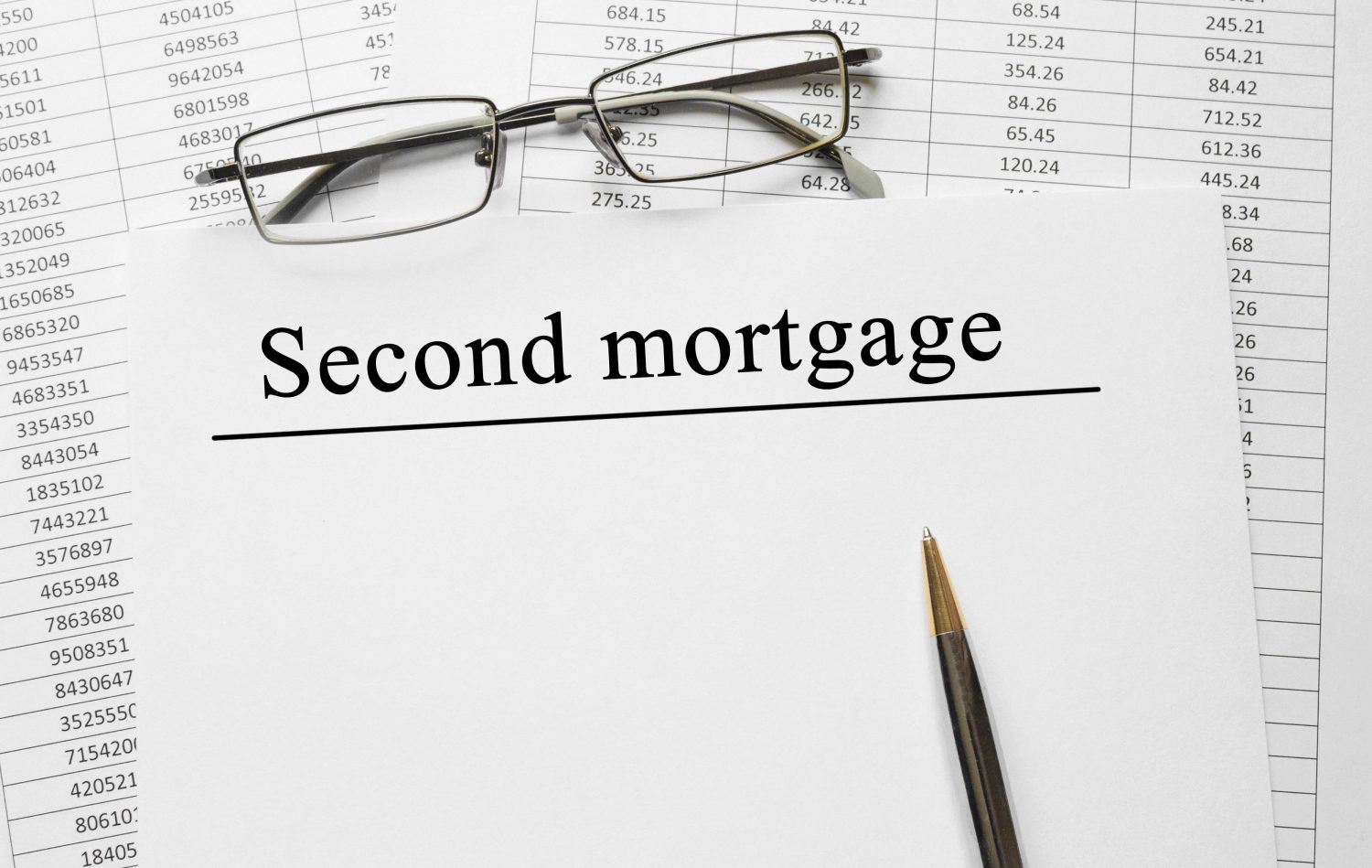There are two main ways to get a second mortgage in Toronto. One is through a bank, and the other is via a private lender. Both use your home’s equity as collateral for the loan.
Related article: How Does a Second Mortgage Work in Ontario?
How difficult is it to acquire a second mortgage via a bank?
- Upon applying for a mortgage, banks usually subject potential clients to an intensive and extensive interview process.
- Loan applicants need to pass a strict “stress test”. The test determines if you would be able to pay the principal and interest if in case there is an increase in rates. Banks impose these criteria to qualify or disqualify a potential home buyer.
- Disclosure of your full financial income, monetary history, Total Debt Service (TDS) and Gross Debt Service (GDS) ratios are required.
- Banks grant a type of the second mortgage called HELOC (home equity line of credit) if have good credit standing. The equity of your home should also be more than 20%.
Related article: How to Boost a Low Credit Score (and Qualify for a Mortgage) in Ontario?
Is it easy to acquire a second mortgage through a private lender?
- Compared with a traditional lending institution such as a bank, private lenders have minimal approval requirements.
- Private lenders are not focused on your income or credit score. They prioritize the value of your loan amount against the collateral – also known as the loan-to-value ratio.
- Most private lenders demand an 80% or lower loan-to-value ratio regardless of how long the home has been owned.
- Private lenders are available all throughout Canada as they prefer to be near properties they are granting loans for.
- Those with little home equity and weak credit usually apply for a second mortgage with a private lender.

The basic process of getting a second mortgage
- The first step to get a second mortgage is to apply for a HELOC or home equity line of credit. A HELOC is similar to a consumer line of credit. A borrower who gets approved for a HELOC is granted a specific amount to withdraw from. Interest is charged on the amount of money withdrawn, and not on the total credit limit approved.
- Borrowers have the option to apply for a second mortgage through the same bank where the current or primary mortgage is held.
- Borrowers can also look for a different lender and choose the one with the best rate of interest.
- Prior to a bank’s approval of a second mortgage, it first determines the equity of your home. They compare this amount to the amount you owe by calculating your loan-to-value ratio or LTV.
- The LTV is determined by dividing your mortgage balance and the value of your home.
- An 80% LTV ratio is the maximum allowed by lenders. Essentially, this means you own 20% of your home, and you still owe 80% of your home’s value.
- If you own a larger percentage of your home compared to how much you owe, the probability of being approved for a second mortgage becomes higher.
- You increase your chance of getting a second mortgage if your LTV ratio is lower.
- Other factors considered in qualifying or disqualifying a second mortgage application are credit score and employment history. Consistently strong work history and improved credit score increase your eligibility for a second mortgage.
How to get a second mortgage through a mortgage broker?
Getting a second mortgage requires searching for a bank or lender that offers interest rates that suit your payment capability and financial needs. This process usually requires shopping around in various institutions. The search for the right lender is exhausting work. Thus, borrowers usually turn to mortgage brokers to do the leg work for them.
Mortgage brokers are independent of banks and lenders. They are responsible for finding a loan at a rate suited for your situation. They search and compare lenders’ rates. Their process starts with appraising your home and specifying its probable market value. Early on in the process, they determine your eligibility for a second mortgage, as well as the likely loan amount to be granted. Based on the information mortgage brokers receive from you, only then do they start looking for a lender that matches your budgetary condition.
Related article: How to invest wisely in Toronto’s real estate?
What are the documents you need to get a second mortgage?
- Documents that prove your identity such as passport, driver’s license, or any government-issued photo ID are required. Presenting these identifying documents help minimize, if not eliminate, fraud. All identifying documents, including text and photos, need to be clear and legible.
- Pay stubs from your employer which show the name of your employer, the date you got paid, and your name, all serve as proof of your income. So does a letter was written on your company’s letterhead which shows your job position, the date you started, your salary, and contact details of a human resources staff.
- A Notice of Assessments (NOA) from Canada Revenue Agency (CRA) is required if your income was a commission, bonus, overtime, contract, or from an investment. The same document is necessary if you are self-employed. Additionally, you also need to present your business license, GST registration number or articles of incorporation, or 2-year unaudited accountant-prepared financials.
- A copy of each lease is required if your income is from a rental. You also need a Canada Revenue Agency T776 Statement of Real Estate Rentals or 2-year’s worth of personal tax returns or T1 generals, or 2-year NOA from CRA.
- You need an NOA from CRA if you receive alimony/child support. The separation or support agreement is similarly required.
- A letter was written on your company’s letterhead which shows your job position, the date you started, your salary, and contact details of a human resources staff – if you’re currently on a maternity or paternity leave – is required. The document should include your date of return to work and income. Such documents that verify your income help gauge your capability to make mortgage payments. Remember that falsifying details of your income is considered fraud.
- A statement that provides information on your current mortgage statement, balance, interest rate, the amount left on your mortgage and amortization, the amount paid, contact details of your mortgage holder, repayment history is required. This document helps a lender assess your current mortgage and how you manage it. This statement needs to have your name, property address, original mortgage amount, and the amount paid.
- A property appraisal document that shows the estimated value of the home you intend to purchase is required. This document is ordered by a lender and paid for by you – at a cost that ranges from $350 to more than $500 (plus tax). Its purpose is to determine the current market value of your property. The appraised value is used to assess the property prior to their approval of lending it against your house.
- A recent property statement or tax bill is required. It serves as a document that establishes your ownership of the property. It also informs the lender of how much your taxes are up-to-date. It is critical that your taxes are appropriately paid. Doing so increases your chances of having your application approved by the lender.
- A document that shows a month’s worth of your heating bill, and (if applicable) condo fees is necessary. This serves as a gauge of your liabilities, assets, property, income, and overall finances. Charges and bills presented must also be recent.
- A void cheque which shows your account number and transit number is required. This serves as a way for a lender to either deposit or withdraws funds from your bank account. It also permits a lender to place funds to your mortgage.
What happens when your second mortgage application is approved?
Upon approval of your second mortgage, the lender will provide you with a commitment letter. Once you read and understand the legal agreement, you need to sign the document and adhere to the mortgage’s stated conditions. Once you meet the conditions presented in the mortgage agreement, only then will you receive your loan.
If you have a lawyer of your own, he or she will need to contact the lender in order to confirm the funding. If you don’t have your own lawyer, a lender will provide you with one. It is now the lender’s responsibility to deposit funds in your lawyer’s trust account. This is done once the commitment letter’s conditions are fulfilled. Your lawyer will then have to properly distribute the funds.
You now have the responsibility to repay your mortgage. Doing so is one way to get value out of it. Remember that if you decrease your mortgage’s principal, you can essentially save money in the long term.
Related article: 5 Common Mistakes to Avoid for a First Time Home Buyer in Toronto
Conclusion
Getting a second mortgage requires commitment. Think twice if you intend to get a second mortgage to purchase a high-priced item you do not need. When your purchase is borne out of an unnecessary want, and you have difficulty making consistent payments, you might lose your property.
Consider too the timing of your loan application. Don’t be blinded by the promise of instant money a second mortgage brings. Remember that the funds you will receive from your second mortgage will usually depend on your home’s equity. You might need to halt your application if the housing market is not at its peak. Though doing so would require delaying your gratification, waiting until property prices increase could be financially beneficial to you in the long run. However, if there is a decrease in interest rates, you might want to quicken the process of getting a second mortgage.
Specifically, it is beneficial if it offers a fixed locked-in rate.
Always think of the advantages and disadvantages of getting a second mortgage. Remember that it is an expense you need to pay off monthly. Ask yourself if getting one would better your financial situation, or make it worse. Answer yourself honestly if getting a second mortgage would have an impact on your budget, and – if so – how? If you have doubts about your decision, feel free to ask relatives or friends who have gone through a similar financial situation.
You can also consult with a mortgage expert or a real estate agent. Both have sufficient experience that will allow you to make a sound financial decision.
Related article: How to choose the right mortgage broker in Toronto?
- The Impact of Interest Rate Cuts on Toronto’s Housing Affordability - April 23, 2025
- Bank of Canada Holds Interest Rate Steady Amid Tariff Uncertainty - April 19, 2025
- The Impact of Interest Rate Cuts on Toronto’s Housing Affordability - April 11, 2025




